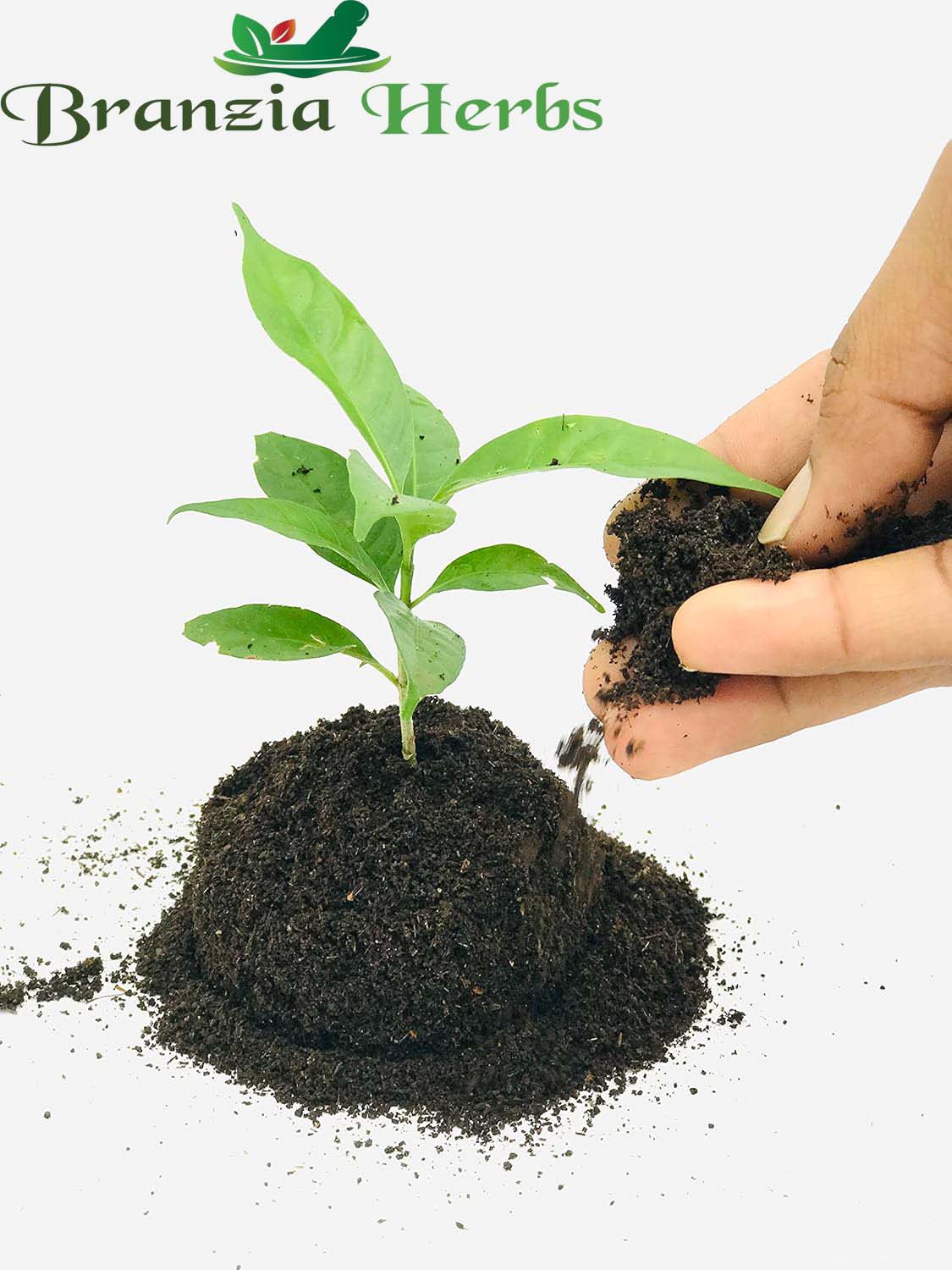-
Plant Description:
-
Scientific Name: Aegle marmelos.
-
Appearance: The Bael tree is a medium-sized, deciduous tree that can grow up to 15 meters tall. It has glossy, dark green leaves and produces fragrant, pale yellow to orange flowers. The fruit is a hard, woody, and aromatic berry with a rough skin and a sticky, fibrous pulp inside.
-
Traditional Uses:
-
Digestive Health: Bijabol is particularly valued for its digestive benefits. It helps in treating conditions like constipation, diarrhea, dysentery, and indigestion. The fruit has astringent properties that help in regulating bowel movements and soothing gastrointestinal discomfort.
-
Immune System Support: The fruit is rich in vitamin C and antioxidants, which support the immune system and help combat oxidative stress and inflammation.
-
Skin Health: Bael is used in skincare for its potential to improve skin health, treat pigmentation issues, and address acne due to its antimicrobial properties.
-
Respiratory Health: The fruit and its extracts are sometimes used to relieve symptoms of respiratory conditions such as coughs and bronchitis.
-
Anti-inflammatory: It has anti-inflammatory properties that can help reduce inflammation throughout the body.
-
Preparation and Use:
-
Powdered Form: The dried fruit can be ground into a powder and used in various traditional formulations, including capsules and tablets.
-
Juice and Extracts: Bael fruit can be consumed as a juice or extract. This is a common way to incorporate its benefits into the diet.
-
Topical Applications: Extracts or powders from Bael can be used in skincare products or applied directly to the skin to treat external conditions.
-
Properties:
-
Astringent: The fruit is known for its astringent properties, which help to tighten tissues and reduce secretions.
-
Rich in Vitamin C: Bael is an excellent source of vitamin C, which contributes to its antioxidant and immune-boosting effects.
-
Medicinal Compounds: The fruit contains a variety of bioactive compounds, including flavonoids, tannins, and alkaloids, which contribute to its therapeutic benefits.
-
Ayurvedic Significance:
-
Balancing Doshas: In Ayurveda, Bijabol is used to balance the doshas (body energies) and is included in treatments aimed at improving digestive health and overall vitality. It is a key ingredient in many traditional formulations, including Triphala, which supports digestion and detoxification.
Note:
While Bijabol (Bael) has a long history of use in traditional medicine and is considered beneficial for various health conditions, it is important to use it under the guidance of a healthcare professional. Scientific research supports many of its traditional uses, but individual health needs and conditions should be considered when using herbal remedies




